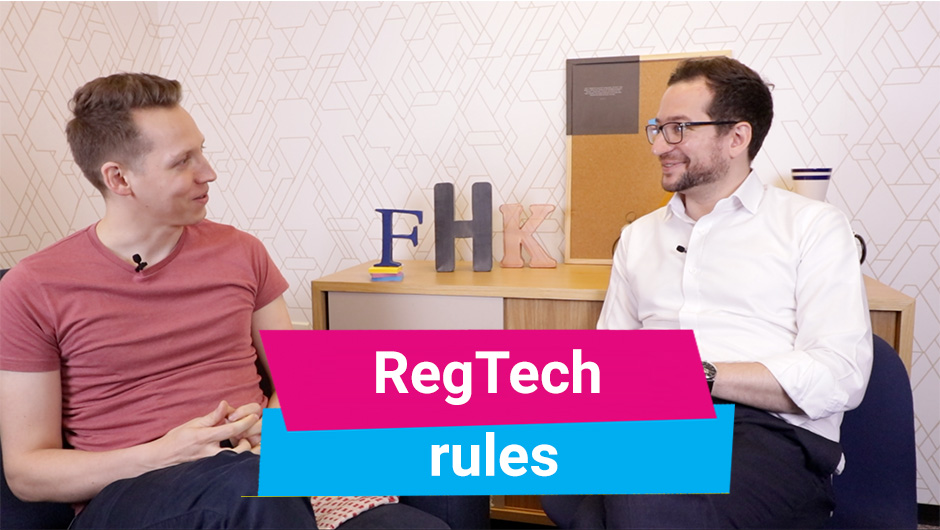RegTech: Promoting Transparency and Accountability in Business

Regulatory technology (RegTech) is currently a buzzword that is invading not only various business industries, but also government. RegTech is about employing technology to ensure delivery of regulatory requirements. It institutionalizes efficient compliance management, ultimately instilling transparency and accountability in the work environment.
JP Reimann, a German compliance and regulation expert based in Hong Kong, in his interview with FNF Innovation Hub Head Armin Reinartz for Drivers of Innovation podcast series, shares that he would like to see more breakthroughs in RegTech. “Organizations still employ a lot of manual processes, which means repetitive work. RegTech can address that, and there is a lot of room for development in this field,” says Reimann.
RegTech involves legislation and regulation gap analysis tools, and secure data analytics. In the future, RegTech is expected to automate due diligence, which would involve artificial intelligence and machine learning. It is also concerned with designing new approaches particularly to streamline anti-money laundering checks.
“Technology is disruptive, and at the same time, government can be restrictive. There has to be a balance where innovation is not curtailed, and where laws are complied with. RegTech can be that fulcrum,” comments Reinartz. "Compliance monitoring and fraud detection, which RegTech addresses, are not merely about business efficiency and cost reduction. It is also about promoting transparency and accountability that are essential in any line of work,” he adds.
Reimann is with FinFabrik, a financial technology solutions builder from Hong Kong, which he considers a Mittelstand (small and middle-sized enterprise), but operating based on a startup culture. “FinFabrik offers flexible work arrangements, which is ideal for me as a new dad,” Reimann beams. “More importantly, there is a lot of freedom to initiate your own project, and this is what strongly differentiates startups from traditional corporations,” he explains.
Asked why a European company is headquartered in Hong Kong, Reimann observes that the city is very favorable for starting businesses. “Hong Kong has great infrastructure. In a lot of ways, it’s well organized, which suits Germans like us!” he exclaims.
“Hong Kong is highly competitive because of its entrepreneurial environment. If you are set to work in a startup, then meet people, build relationships, go to events and there are lots of them here in Hong Kong.” Reimann lists WeWork as a venue for networking. “Be curious, be flexible, and be a bit patient,” he advises future entrepreneurs.
The podcast episode entitled RegTech Rules is the third track in the monthly Drivers of Innovation podcast series. The new release, as well as the first two episodes, is available on iTunes and SoundCloud. The video podcast can be viewed here.
Driver of Innovation JP Reimann defines the future of RegTech